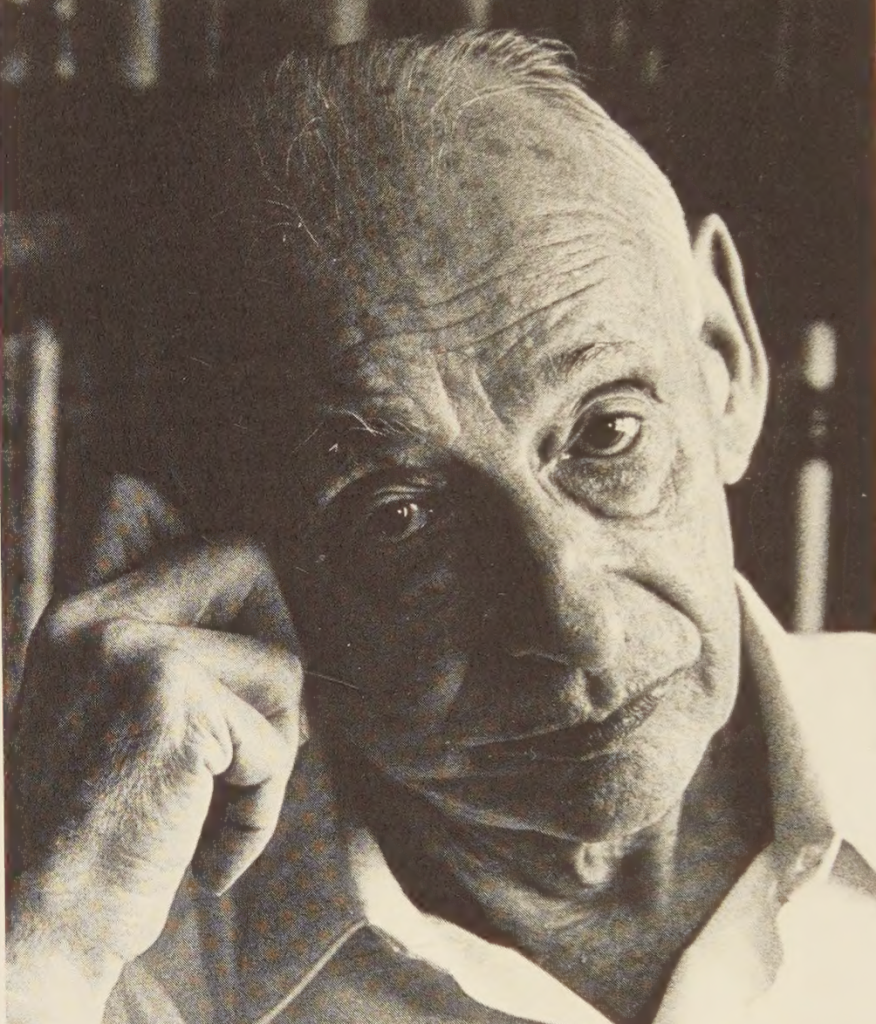
Counter-history is a way of rethinking a field’s assumptions based not on revising its factual claims but on rediscovering what they might mean when significantly different questions are asked of those claims. It has the advantage that it can build on a field’s consensus and best established discoveries yet reveal completely new perspectives by assigning different values to them. It has its roots in the kind of rethinking that Nietzsche called the “transvaluation” of existing values, especially as developed by Foucault:
“[The project of counterhistory critiques and corresponds to traditional functions of history-writing in this way: it] opposes the theme of history as what is familiar and already known; the second is dissociative, directed against (national or ethnic) identity, and opposes history as continuity or representative of a tradition; the third is [directed against the idea of a single objective] truth, and opposes history as knowledge. They imply a use of history that severs its connection to cultural memory and constructs a counter-memory—a transformation of history into a totally different form of time.”
(From “Nietzsche, Genealogy, History;” original version 1971)
In his Gershom Scholem: Kabbalah and Counter-History, the great UC Davis historian David Biale applies the concept to Jewish Studies, arguing that Scholem’s greatest impact came from revaluing the well-known, but denigrated, concept of Kabbalah which should actually be seen as a central lens for understanding Jewish culture and history.
“I shall call Scholem’s historical method of unearthing the “hidden virtue” from the Wissenschaft des Judentums “‘counter-history.” I mean by this term the belief that the true history lies in a subterranean tradition that must be brought to light, much as the apocalyptic thinker decodes an ancient prophecy or as Walter Benjamin spoke of “brushing history against the grain.” Counter-history is a type of revisionist historiography, but where the revisionist proposes a new theory or finds new facts, the counter-historian transvalues old ones. He does not deny that his predecessors’ interpretation of history is correct, as does the revisionist, but he rejects the completeness of that interpretation: he affirms the existence of a “mainstream” or “establishment” history, but believes that the vital force lies in a secret tradition.”
Biale: Scholem, 1979:11-12
Foucault: Language, Counter-Memory, Practice, ed. Donald F. Bouchard (1977) 160